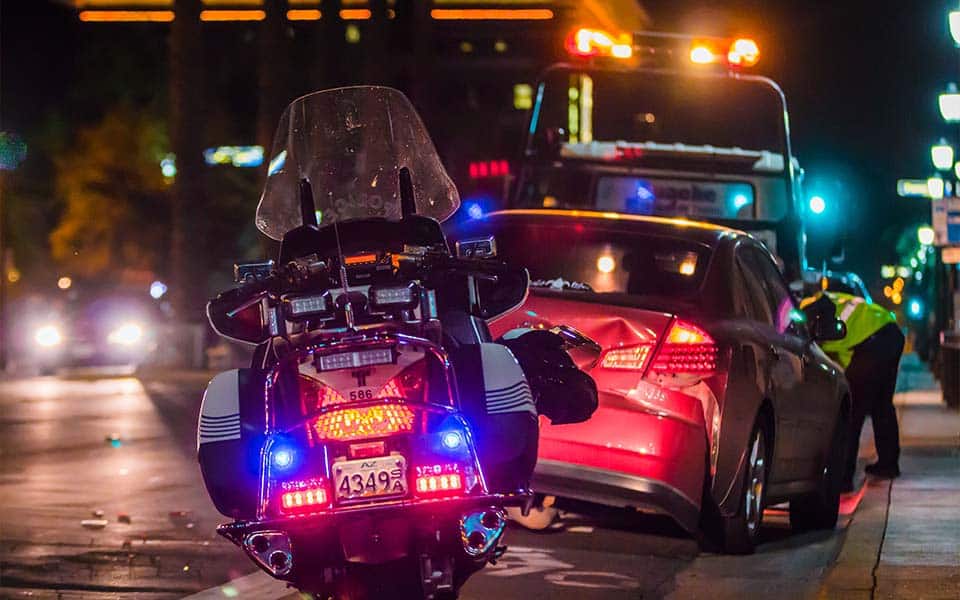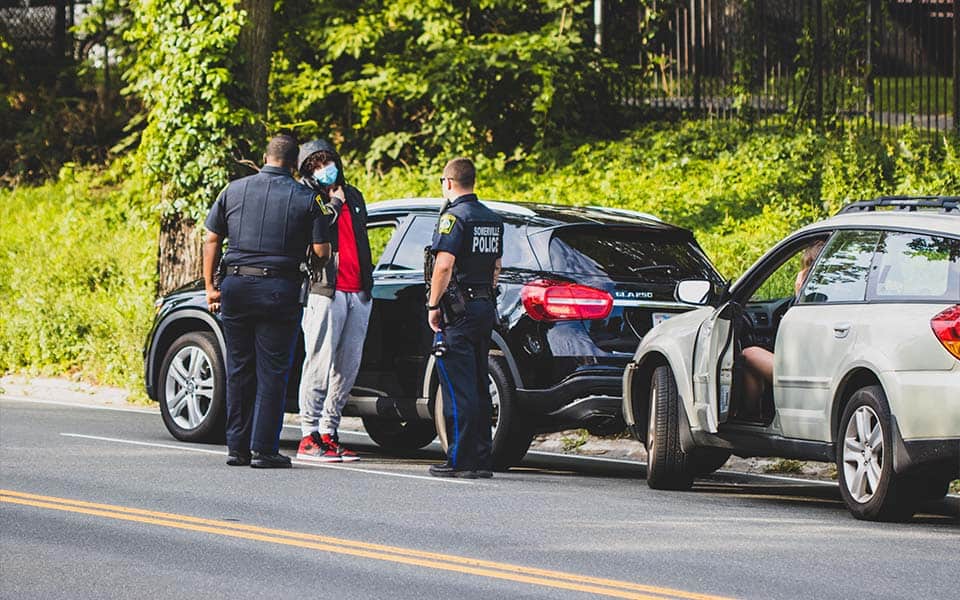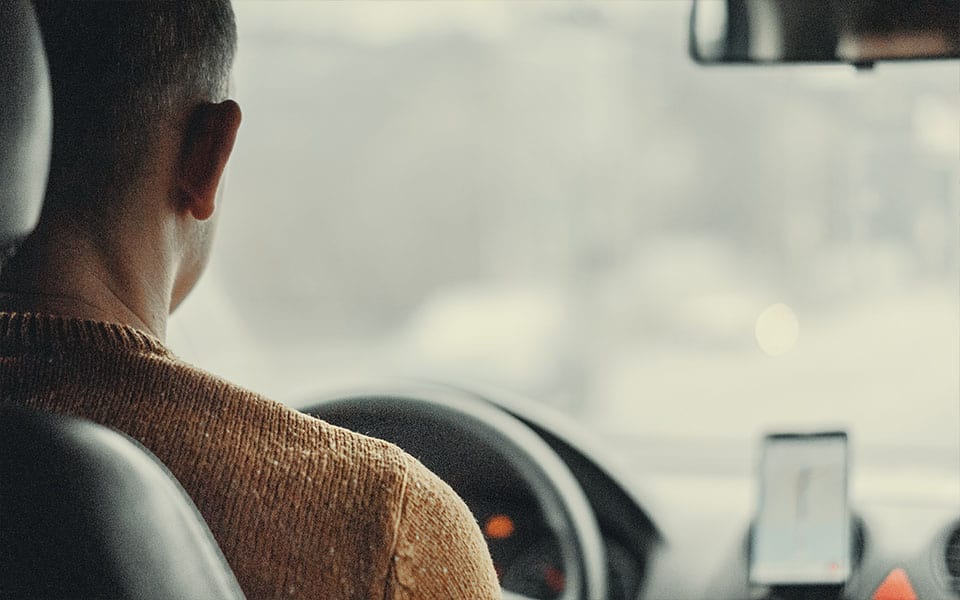Accidents involving motor vehicles happen around the globe every day. With this in mind, are you aware of the measures that need to be taken if you’re involved in one? Should you get in touch with the authorities? What should you say or not say?
Even if you’re not at fault, as a driver, these matters are of great importance to your safety. If you’re not sure where to start, don’t worry—we have you covered.
This article will provide you with all the information you will need to know in the event that you are ever involved in a vehicle accident, no matter your location.

Stay Calm and Check for Damage
We realize it’s not easy, but put aside for a moment the possible damage done to your car. When engaged in a vehicle collision, your priority should be the well-being of yourself and other passengers. Make sure to dial emergency services right away if anyone needs medical attention.
In the case of small crashes when no one is seriously hurt, cars should be moved to the side of the road. Turn on the hazard lights and, if it’s safe to do so, use cones, flares, or cautionary triangles to keep traffic away from the site of the accident if the vehicle can’t be moved.
If a car is deemed unsafe to drive but not necessarily hazardous, towing and repair services will be required. A workshop that is conveniently located in your vicinity is the best option. For example, if you happen to be a local resident of Edmonton, look for the best auto body repair shop Edmonton has to offer.
Make Sure to Take Notes
Make sure your report of the crash is as detailed as possible. Get the other driver’s name, address, phone number, license, registration, and insurance information. The driver and any passengers should be described in detail. Make sure to record the time, location, and weather conditions of the accident as well as any other pertinent information you may recall. In addition, jot down the names and contact information of any potential witnesses.
Take Images of the Scene
Do not be hesitant about taking photographs of the accident site and any damage that may have been caused to the vehicles that were involved. Be sure to take pictures of everything from several viewpoints, and remember to pay close attention to the location of each car. To clarify, having an excessive amount of information regarding the accident is always preferable to having insufficient amounts of it.

Avoid the Blame Game at All Costs
You should resist the want to apologize, despite the fact that doing so may go against your best moral impulses. Instead, you should work to control that impulse. In the same vein, refrain from pointing the finger at the other driver. A scenario that is already fraught with high tension is likely going to become much more problematic as a result of this. Allow each party’s insurance company to investigate the incident and determine who was at fault.
Get in Touch With Your Insurance Company
Depending on the specifics of your insurance policy, you may need to notify your insurance provider as quickly as you can do so after an accident has occurred to get compensation for medical bills and repairs to your car and other property.
Carefully consider the consequences of making any remarks, whether recorded or not, or signing any documents, such as authorizations or releases, if the insurance of the other drivers or at-fault party approaches you. That insurance company isn’t looking out for you; they’re protecting their client and making money in whatever way they can, which includes limiting their risk and losses.
Contact a Personal Injury Lawyer
After an accident, you should talk to a personal injury attorney who can help you understand the claim procedure and your rights to medical and disability payments.
An expert personal injury lawyer can help you decide whether or not you need legal representation by evaluating your case and making advice for moving forward. A lawyer can handle all aspects of your claim, including communication with insurers, so you may concentrate on getting well after suffering significant injuries.

Final Words
The most important thing to do after a car accident—or any avoidable incident—is to take care of your health. Following that, you should be sure to get the necessary police report for insurance purposes and make sure all your actions are permissible by law. Finally, check if you need to contact your vehicle insurance company and inform them of what has occurred to receive optimal coverage.